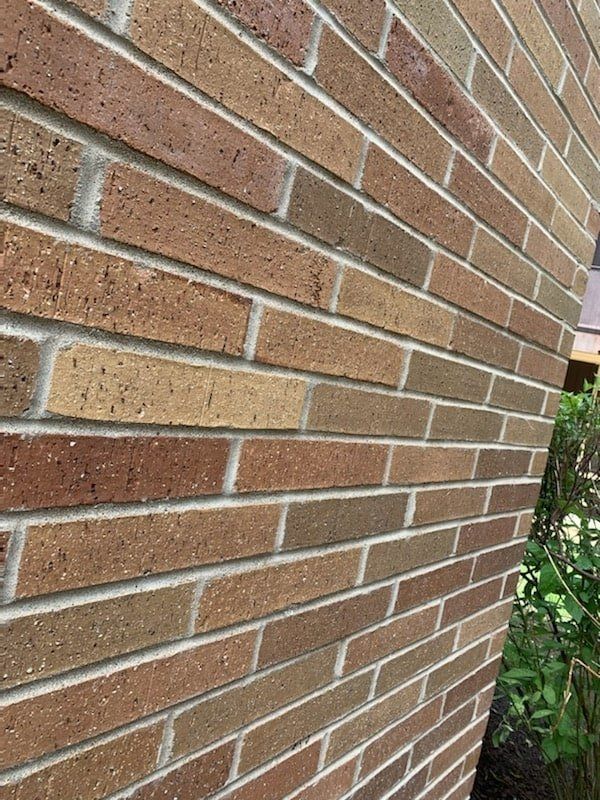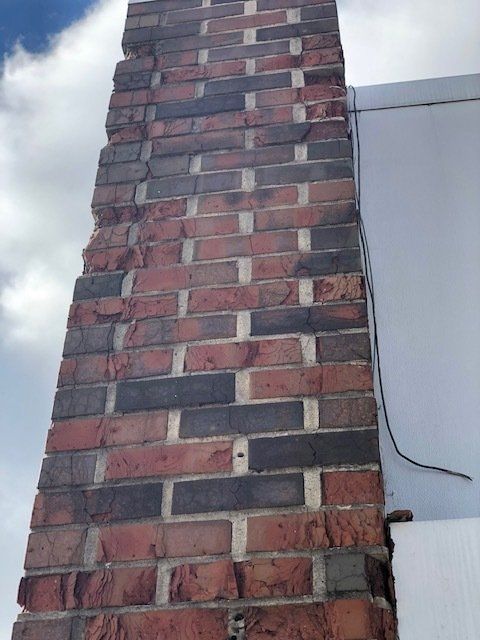Can brick chimneys become porous?
Have you ever heard of the term “porous brick?” And would porous brick be bad for your chimney? Is there any way for your bricks to not be porous?
When it comes to your chimney, it would not hurt to know more and do some extensive research about it. After all, having a defective chimney can be dangerous to you and your family’s health and can be damaging to your home as well. It is recommended by experts to always check your chimney and do the necessary maintenance as a way to protect your home’s wellbeing. No homeowner would want to have their house catch on fire which can be one of the results of a defective chimney.
If you are wondering if your brick chimney can be porous, yes, bricks are actually porous.
Why are bricks porous and what does it mean?
Bricks are one of the most popular construction materials used in building. It has been used for many years now because of its durability and appealing look. Like other materials such as concrete, bricks are very much susceptible to water. This is because the structure itself is like a sponge that can absorb high amounts of moisture that enters the “holes” on its surface. Even though bricks are low-maintenance and generally fire-proof, they can be very weak to water, which is normal due to their build.

Slide title
Write your caption hereButton
Because bricks are porous, they will eventually be damaged when constantly exposed to moisture. When your chimney is made of bricks, it can be a cause of concern as chimneys are placed on the exterior of your roof. This would mean that they are frequently exposed to external factors such as strong winds, extreme heat, and harsh rain. If you do not protect your chimney, you may need to have it frequently repaired which can be hard on your pocket.
How long do brick chimneys usually last?
If you are now a little hesitant to have a brick chimney installed or are actually getting a little paranoid about your already existing brick chimney, you would probably want to know how long they last. On average, brick chimneys last a very long time. Masonry types of chimneys were often installed during the year 1950s and have been there for many decades. If you have a brick chimney in your home, chances are you have bought or inherited an old house with a brick-type chimney already placed inside.
Even though chimneys made of brick are expected to last a long time, this does not mean that you would not need it to be cleaned and maintained regularly. As with all things, your chimney will get old and may get damaged after many years. It is your job as a homeowner to make sure that it is still working properly and that to have it repaired if needed.
Chimneys, especially old ones, need special care. It is actually recommended by the USFA or the United States Fire Administration to have your chimney inspected and cleaned at least once a year by a certified chimney professional. Doing so can lessen the possibility of unfortunate events from happening that can be the result of an unmaintained chimney, such as fires and even carbon monoxide poisoning which can be due to a blocked chimney.
How much does it cost to have a brick chimney installed?
In the big picture, a brick fireplace can be seen as a worthy investment for your home. Many homeowners who sold their home has claimed that having a chimney made of masonry compared to ones that are factory-made has increased the value of their home on the market and is the reason why their house has been sold for a higher price than expected. This is because a brick fireplace is a classic piece for a home and adds to the luxurious theme of any interior.
Chimney costs are computed by linear foot. Depending on the size and material you will use for your brick fireplace, it may cost you around $60 to $200. If you have a chimney that is around 10 feet, it would cost you $600 to $2000 to have it installed.
Should you waterproof your chimney?
If you are bothered by the porous nature of your brick chimney and are wondering if there are remedies you can do to make it last long or make it not as susceptible to water, luckily, there are solutions for your porous brick chimney. One of the commonly used solutions for porous bricks is to have them waterproofed. This procedure is usually done by chimney professionals by spraying coats of water repellent on the surface of your chimney and on its parts.
Water repellents serve as a protection to your brick chimney. When you have yours waterproofed, the moisture that can usually seep through the pores of your chimney will be blocked and will not make its way inside your bricks’ structure.
If you want your brick chimney to last long, waterproofing it is absolutely necessary and will save you money in the long run.
How do you choose the best water repellent?
There are many water repellents for chimneys available in the market that may make it hard for you to choose which one is the best. Choosing the best water repellent is more than the price it sells for. Many homeowners make the mistake of buying the most expensive one as they think a higher price means the best quality.
This is not the case when choosing a waterproofing solution. The best thing you can do is to ask your chimney contractor to do an inspection so that they can recommend a repellent that will be best for the type of your chimney.
Getting your chimney inspected is also crucial before have it waterproofed so that you will not waste your money when it can still have water leaked from other holes and spalled bricks.


